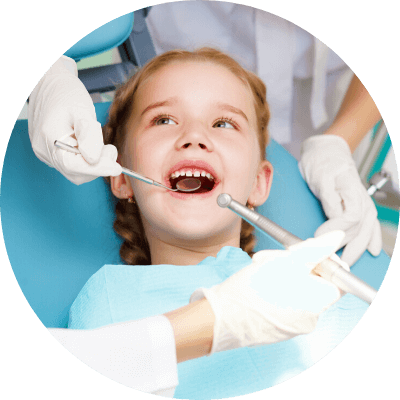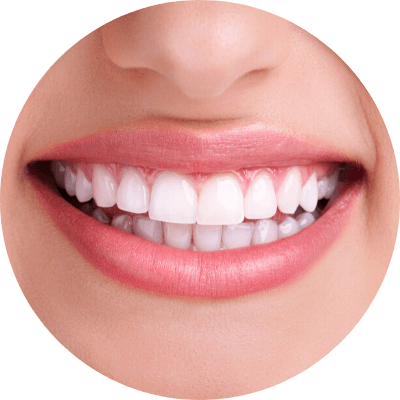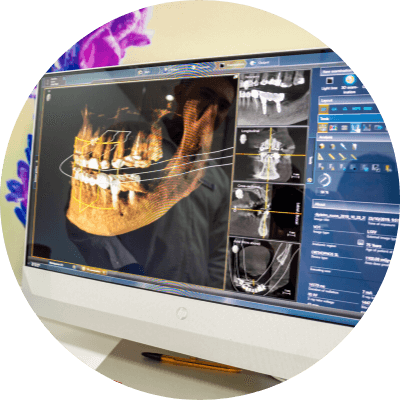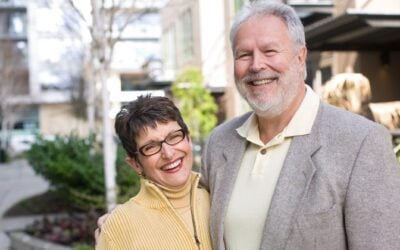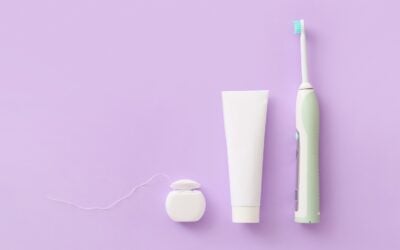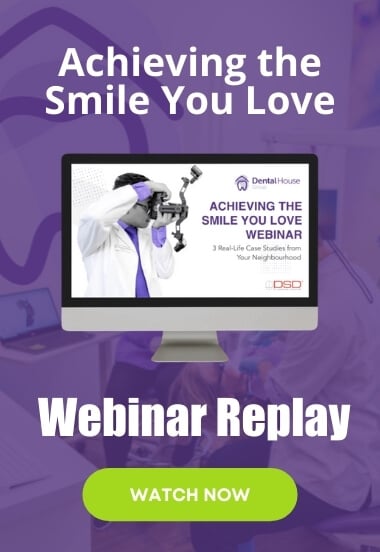Is Dentistry A Commodity?
Is Dentistry A Commodity?

With private school principals in Australia earning a million dollars a year and more, we know that education is a commodity Down Under.
Housing is too. Unlike the European view that it’s your home and hearth regardless of whether you own it or not, in the antipodes it’s an asset.
We live in a world where people themselves are saleable products.
The possible loss of a handful of capitalists and billionaires at the bottom of the ocean in a subversive submersible prompted a multi-million dollar international rescue mission with a less than 1% chance of success. Only a matter of days before, 600 men, women and children drowned off the coast of Greece without the same urgent marshalling of assistance – after all, they were just refugees.
The 21st century has borne us a cavalcade of cults and obsessions. Being enthused and enthralled by the loves and lives of the obscenely rich is just one of them.
Sideline spectators of the then unfolding and titanic Titan tragedy teased and tortured themselves imagining the pitch-black, cold, cold discomfort of a cramped space with less oxygen than hope.
A risk gone wrong: being undone and done over without a do-over.
Few gave the same thought to being crammed onboard and terrified for five days without food and water; people dying trying to leave Libya behind for Europe.
Losing your life on an impossible dream doesn’t count for much unless it’s a trusty few hundred thousand dollars poured into the corporate coffers, rather than a rusty trawler dumping hundreds of people into the Mediterranean sea.
One is adventurous. The other audacious, apparently.
We are completely enthused and enthralled by the lives and loves of the obscenely rich; and we think of them quite differently.
When it comes to money, many consider the affluent to be competent but lacking in warmth – so our prevalent feeling is envy.
Then there are the poor people.
If they are people regarded as lacking both competence and warmth, the resultant emotion is disgust.
That is such a shocking and confronting thought, we’ll immediately deny it. Other people (rich people?) might think that way, but certainly ‘we’ don’t.
Trouble is, science doesn’t let us off that easily.
Evolution has hard-wired us to distrust and dislike people who are different to us. Humans make us-and-them dichotomies all the time – with remarkable neurocognition and astounding speed.
Ethnicity, age, gender and gender identity, religion and socioeconomic standing are just some of the classifications and complex taxonomies on which our brain hates other people.
We denigrate ‘them’ with the range and versatility of Bryan Cranston.
From micro-aggression to snide remarks and savage atrocities, we regularly decide all that is inferior about these ‘others’ based on autopilot sensations that parade and charade as rationale.
It’s pretty sobering stuff.
In order to discern the ‘appropriate’ emotional response to another person, we make a two-phase judgment: first, whether they’re ally or enemy; and secondly, whether or not they present as a competent human being.
What’s bizarre, is that while we see nothing but differences between us and ‘them’, in those we perceive as our own it’s the similarities that we distinctly recognise.
It’s as brain bending and ironic as someone named Justine revealing themselves as particularly unjust.
Neuroscientists at Princeton University scanned the brains of volunteers being shown colour photographs of people of various social standing. The images depicted some who were quite obviously wealthy, while others were not just underprivileged, but clearly destitute.
What’s interesting is that 75% of the participants openly admitted that their instant response to the images of impoverished people was one of disgust.
What’s surprising is that 100% of the study subjects’ brain activity showed absolutely no activation of the prefrontal cortex – the part of the brain that tells us we are looking at another human being and not an inanimate object.
What’s disturbing is that we dehumanise the most vulnerable when we are not one of them.
And one of the most telling, overt, and instant measures of social position is dental health.

Having strong, straight, white teeth gives the immediate perception of competence and advantage – genetic or otherwise. The inferences a dazzling and symmetrical smile give are all positive: characteristics that may or may not be true.
And as we know, good dental care is a luxury not everyone can afford.
One of the first things people do when they come into a bit of money is to have their teeth fixed.
Not only are there home loans, car loans and personal loans, there’s dental finance too. In chock-full-of-commodities Australia, you can borrow up to $65,000 for dental treatments.
Sixty-five grand. Like that’s something underprivileged people can do.
Sure, having to borrow the entire amount may not be necessary, but with a root canal at about $3500, braces between ten and fifteen grand, and dental implants sittin’ pretty at around $5500 a pop, twenty grand can be spent quite easily. These estimates don’t include consultations or any additional treatments that may be necessary either.
And of course, then there’s the interest.
The choice for those unlucky enough to have not been afforded good oral care as children or for whom accident or trauma in adulthood has brought oral health issues, is to struggle with the ongoing impact of damaged or diseased teeth – or struggle with the repayments, because dental issues don’t fix themselves.
And governments don’t and won’t fix the enormous disparity between medical and dental care.
Is dentistry a commodity? You bet it is. Expecting accessible and affordable dental care is audacious, apparently.
DISCLAIMER:
The content has been made available for informational and educational purposes only. New Gisborne Dental House does not make any representation or warranties with respect to the accuracy, applicability, fitness, or completeness of the content.
The content is not intended to be a substitute for professional personal diagnosis or treatment. Always seek the advice of your dentist or another qualified health provider with any questions you may have regarding a dental or medical condition. Never disregard professional advice or delay seeking it because of something you have read or seen on the Site.
Services we mentioned:


